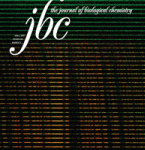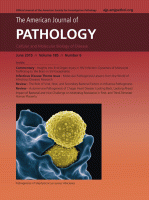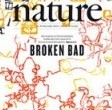
There may be some deeply rooted issues in the work of high-profile plant biologist Olivier Voinnet, biology department research director at ETH in Zurich. Corrections have continued to pile up months after his work was hit with a barrage of criticism on PubPeer. We’ve tracked a total of seven corrections over the past five months (not including the April retraction of a 2004 paper in The Plant Cell). One of the corrected papers also received an Expression of Concern this week.
Collectively, the corrected papers have accumulated more than 1200 citations.
In January, Voinnet said he planned to correct multiple papers, after receiving “an anonymous email.”
One of the recent corrections we found is for a 2003 article in The Plant Journal, “An enhanced transient expression system in plants based on suppression of gene silencing by the p19 protein of tomato bushy stunt virus,” which details using proteins from a tomato virus to help alter gene expression. The study has been cited 862 times, according to Thomson Scientific’s Web of Knowledge. Here’s the correction notice, posted June 8:
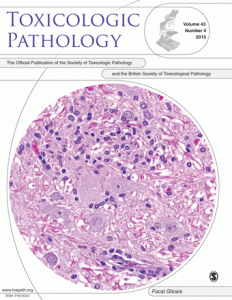
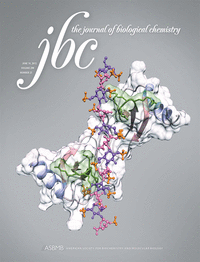

 Oncogene is retracting a 2010 paper on
Oncogene is retracting a 2010 paper on 